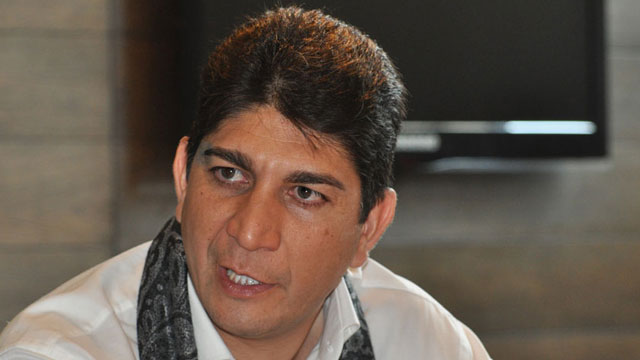 So, Vodacom is in exclusive talks to buy Neotel. There’s no surprise there — that Neotel is for sale is one of the telecommunications industry’s worst-kept secrets. But if the deal goes ahead, which is far from certain, it could spark further, arguably much-needed consolidation in the sector.
So, Vodacom is in exclusive talks to buy Neotel. There’s no surprise there — that Neotel is for sale is one of the telecommunications industry’s worst-kept secrets. But if the deal goes ahead, which is far from certain, it could spark further, arguably much-needed consolidation in the sector.
It’s not hard to understand why Vodacom is batting its eyelids at Neotel. Controlled by India’s Tata Communications, Neotel has a bunch of assets that the mobile operator would dearly love to get its hands on.
Not least of these is its radio frequency spectrum, some of which is well suited to building next-generation 4G/LTE wireless broadband networks. Neotel is the only telecoms operator that already has access to the “digital dividend” spectrum that will be freed up when South Africa’s television broadcasters eventually stop bickering with each other and get a move on with digital terrestrial television.
There’s also Neotel’s 15 000km of high-speed fixed fibre and its access to undersea landing stations. These are crucial for delivering fixed and wireless broadband. Neotel has modern data centres, too, that will prove useful as computing moves into the “cloud” (delivered in a utility-type model over the Internet) and as Vodacom tries to reinvent itself as a provider of converged IT and data services as margins in its traditional voice business come under increasing pressure.
By buying Neotel, Vodacom will bolster its Vodacom Business division, which has grown slowly and erratically. The mobile operator has struggled to compete effectively against Internet Solutions (part of Dimension Data), in particular.
Vodacom has been ineffective in part because it hasn’t bought its way into the converged services market — yet. Fierce rival MTN acquired Verizon Business years ago to create MTN Business. But it’s a deal MTN is only now starting to take full advantage of by integrating fixed lines, mobile and business services with its core mobile operation. MTN’s moves in this regard in the past year have no doubt shaped Vodacom’s thinking about the value to it of Neotel.
The fact that Telkom is also upping its game under its new CEO Sipho Maseko, a former Vodacom top dog, and under group chief operating officer Brian Armstrong, who used to run Telkom Business, must also be playing heavily in the mind of Vodacom boss Shameel Joosub. His rivals are sharpening their swords.
If Vodacom makes a formal offer to buy Neotel — market talk is it could offer anywhere between R5bn and R10bn — the deal will almost certainly be challenged by rival operators at the Competition Commission and possibly also at telecoms regulator Icasa.
They’re likely to warn that such a deal would concentrate too much power in the hands of an operator that already holds up to 50% of the mobile market in South Africa. Spectrum is likely to be the most hotly contested issue. Vodacom rivals will argue that buying Neotel will give the company an unfair advantage in building a national 4G/LTE network. It could be years still until they get access to the digital dividend, they will argue.
If the deal does go ahead, expect an almost immediate bidding war for iBurst operator Wireless Business Solutions, which also has 4G spectrum that it’s not using effectively.

A Vodacom-Neotel deal isn’t without merit, though. Firstly, Neotel is too small to compete effectively in the mass market. It has cherry-picked in niches, rather than fulfilling the role everyone hoped it would when it was licensed as South Africa’s “second national operator”. As part of a bigger entity, it could be much more effective.
The Competition Commission will have to weigh up the arguments carefully. But it could use the opportunity, as it did in the recent consent agreement with Telkom, to attach conditions that will benefit third-party retailers and consumers. A regulated wholesale model for access to the country’s mobile data networks is long overdue. Perhaps this deal could prompt that discussion, too.
Any knee-jerk move simply to block the deal, however, will achieve nothing except preserving the status quo in South African telecoms. And that will benefit no one.
- Duncan McLeod is editor of TechCentral. Engage with him on Twitter




